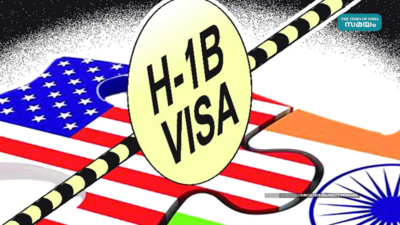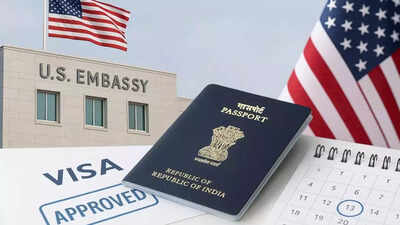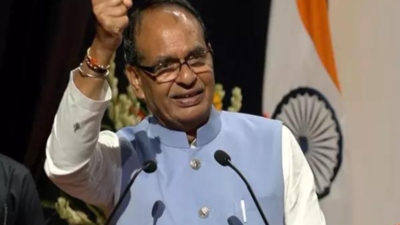“Is it time to pause H-1B?” asks US Senator Mike Lee: A ticking clock for Indian students and professionals

The H-1B visa program, a vital pathway for Indian students and professionals seeking opportunities in the United States, is facing unprecedented scrutiny. Recent political developments, fueled by unverified corporate allegations, have intensified the debate over its future.The controversy began with unverified reports on platforms like Blind and Reddit, alleging that a senior Walmart executive had accepted kickbacks to hire Indian H-1B tech workers over American employees. These claims quickly gained traction online, leading to widespread concern among the Indian community. Walmart responded by issuing a statement clarifying that the investigation had resulted in the termination of one vendor and a small number of US-based associates, emphasizing that the investigation had “nothing to do with H-1B visas” .Despite Walmart’s clarification, the narrative continued to spread, prompting political figures to weigh in. Senator Mike Lee of Utah took to X (formerly Twitter) to question the future of the H-1B visa program, posting, “Is it time to pause H1B visas?” . His remarks added fuel to an already heated debate over the program’s impact on American jobs.
Impact on Indian students and professionals
For Indian students pursuing higher education in the US, the H-1B visa has been a critical component of their career plans. A pause or tightening of the visa program could disrupt the “study-to-work” pipeline, forcing students to reconsider their future in the US. Many students have invested significant time and resources with the expectation of transitioning to the workforce post-graduation.Professionals already employed under the H-1B visa face similar uncertainties. Changes to the program, such as a shift from a lottery-based system to a wage-based allocation, could disadvantage mid-level professionals, making it more challenging to secure or retain visas. This uncertainty threatens not only individual careers but also the broader Indian IT workforce that contributes significantly to the US economy.
A broader political context
Senator Lee’s comments are part of a larger political discourse questioning the H-1B visa program. Just days before his post, Congresswoman Marjorie Taylor Greene called for an end to H-1B visas for Indian nationals, accusing them of “replacing American jobs” . These remarks reflect a growing sentiment among certain political factions that foreign workers are taking jobs from Americans, particularly during times of economic uncertainty.The debate over the H-1B visa program is further complicated by broader geopolitical tensions, including trade disputes and concerns over outsourcing. These factors have turned the discussion into a contentious issue that intertwines immigration policy with national economic interests.
Looking ahead
As the debate over the H-1B visa program intensifies, Indian students and professionals find themselves at a crossroads. The uncertainty surrounding the program’s future adds to the challenges they already face in navigating the complexities of immigration and employment in the US. The outcome of this debate will have significant implications not only for the individuals directly affected but also for the broader landscape of global talent mobility and international relations.




